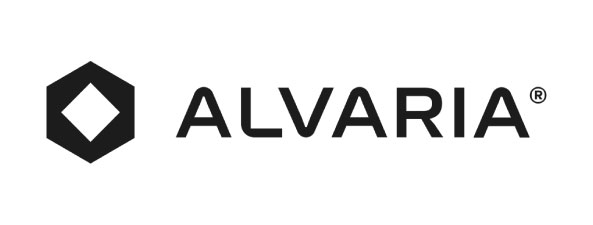In debt collections, pressure is part of the job. Managers juggle performance metrics, compliance rules, and difficult conversations, while agents often spend their days absorbing the stress and emotions of frustrated consumers. It’s no secret that this line of work can leave even the most resilient professionals running on fumes. That’s why managing burnout in debt collections isn’t just a nice idea to be talked about in meetings; it’s a part of staying sharp, focused, and mentally well.
Burnout Isn’t Just Fatigue
Day after day, collection professionals face emotionally charged interactions and performance demands. Over time, that grind can chip away at even the best people. Fatigue appears in the form of shorter tempers, decreased empathy, lost patience, and, eventually, disengagement. Managing burnout in debt collections means addressing that buildup before it gets to the point of no return. One of the most effective, low-cost, and immediate ways to do that is through something you already do thousands of times a day: breathing.
The Power of Breath in High-Stress Moments
Breathwork isn’t just for yoga instructors and meditation retreats. It’s backed by science and used by frontline professionals across industries, from first responders, military teams, and, yes, collection agents, who need to keep their heads in the game during high-stress moments. Practicing intentional breathing helps regulate your nervous system, improve your focus, and lower the stress chemicals racing through your body when things get tense.
Box Breathing: The Navy Seals Do It, So Can You
One technique that can be particularly helpful in managing burnout in debt collections is box breathing. This method has been used by everyone from Navy SEALs to therapists working with trauma patients. It’s simple: breathe in through your nose for a count of four, hold for four, exhale through your mouth for four, and then hold again for four before beginning the next breath. Do this for just two to three minutes at your desk, in your car before a shift, or even in the breakroom between calls. It can calm a racing heart, clear mental clutter, and bring you back into the present moment, ready to respond, not react.
Diaphragmatic Breathing for Long-Term Relief
Another technique to try is diaphragmatic breathing, also known as belly breathing. Instead of breathing into your chest, which is what most people do when they’re anxious, focus on sending the breath into your stomach. Sit back in your chair, place one hand on your chest and one on your belly, and start to slowly breathe in through your nose so that only your belly moves. Then exhale through your mouth, slowly and fully. Practicing this kind of breathing for five minutes a day can reduce anxiety, improve focus, and even help you sleep better, especially after a rough day.
Resetting in the Moment Matters
When people talk about burnout, they often skip straight to vacation time or workload reduction. Those things help, sure, but real change starts in the moment. Right there at your desk, when your shoulders are tight, your voice is rising, and you can feel the stress climbing like a pressure cooker. Taking a few intentional breaths can buy you back control. It’s not about pretending the job isn’t stressful. It’s about giving yourself the tools to keep showing up without losing your edge or yourself.
Creating a Culture That Supports Wellbeing
If you’re a collections manager, you already know the weight your team carries. Encouraging breathwork and mental reset practices is smart. A healthier team performs better, stays longer, and handles tough calls with more composure and clarity. And if you’re an agent, giving yourself permission to pause and breathe isn’t a weakness, it’s how you stay strong through the long haul.
At TEC Services Group, we understand the demands of this industry. We support agencies not just with technology and operations but with strategies that support the people behind the performance. Because managing burnout in debt collections doesn’t start with a software update, it starts with a breath. And we’re here to help you make every one of them count.







